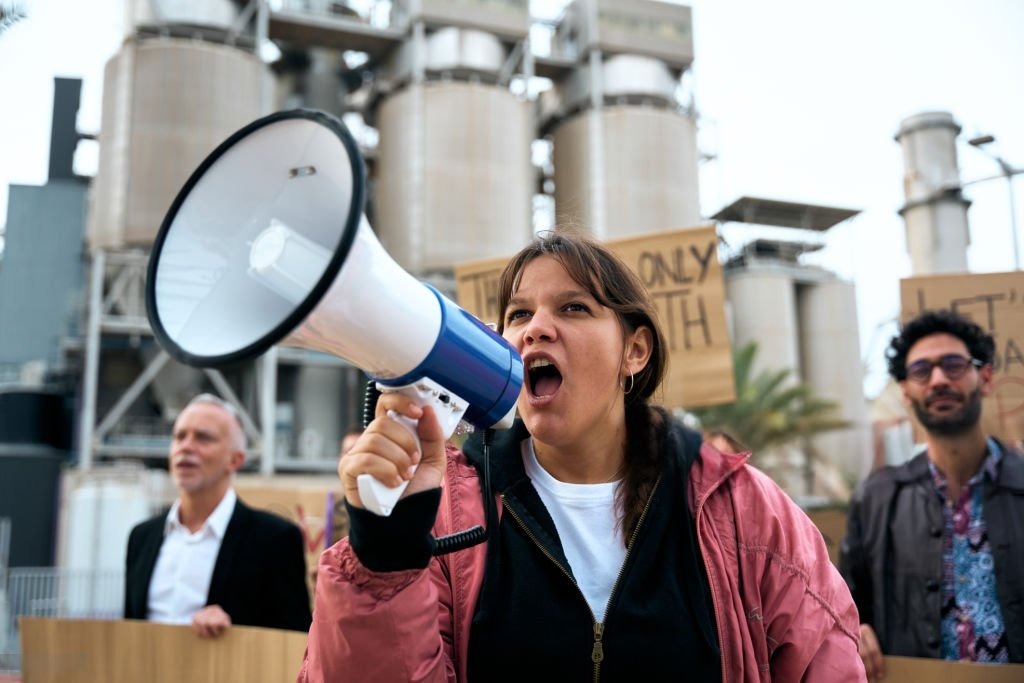When it comes to the fight against climate change, women are not just participants — they are leaders, innovators, and frontline defenders. Across the globe, women are mobilizing communities, shaping policy, and driving grassroots solutions that reimagine sustainability. Their leadership shows that climate justice and gender justice are deeply interconnected.
🌍 Africa: Wangari Maathai and the Green Belt Movement
In Kenya, Professor Wangari Maathai, the first African woman to win the Nobel Peace Prize, founded the Green Belt Movement, which has planted more than 50 million trees. Her legacy continues as African women lead reforestation and community resilience projects that protect both livelihoods and landscapes.
🌏 Asia: Vandana Shiva and Seed Sovereignty
In India, Vandana Shiva has championed farmers’ rights and biodiversity through her work on seed sovereignty and sustainable agriculture. By promoting traditional farming practices and resisting corporate control of seeds, she empowers rural women to lead in food security and climate adaptation.
🌎 South America: Indigenous Women of the Amazon
In the Amazon Basin, Indigenous women are on the frontline of protecting the world’s largest rainforest. From Brazil to Ecuador, they are organizing movements to defend land rights, preserve biodiversity, and resist destructive mining and logging. Their leadership safeguards not only ecosystems but also cultural heritage.
🌍 Europe: Greta Thunberg and Youth Climate Strikes
From Sweden, Greta Thunberg sparked a global movement by holding a solo protest outside parliament. Her Fridays for Future campaign has mobilized millions of young people worldwide, proving that one voice — especially a young woman’s voice — can challenge governments and corporations to act.
🌎 North America: Winona LaDuke and Environmental Justice
In the United States, Winona LaDuke, an Indigenous activist from the Anishinaabe nation, has long led efforts for environmental justice, renewable energy, and Indigenous rights. Her work emphasizes community-led solutions and a return to sustainable relationships with land and water.

✨ Why Women’s Leadership Matters
Women often experience the effects of climate change first-hand — from managing households under resource scarcity to protecting ecosystems for future generations. Yet, when women lead, the solutions are often more inclusive, holistic, and community-driven.
Empowering women in climate leadership means:
- Investing in women-led initiatives
- Ensuring gender equality in climate policy
- Recognizing and amplifying grassroots voices
🌱 A Global Tapestry of Leadership
From planting trees in Kenya to defending rivers in the Amazon, from youth activism in Europe to Indigenous resilience in North America, women are showing the world that climate leadership is not only about science and policy — it is about justice, care, and courage.
At SustainabilityUnscripted, we believe amplifying women’s stories is vital to shaping a just and sustainable future. Climate solutions must be inclusive, diverse, and equitable — because sustainability without women is simply unsustainable.







